100% of poor communes escape poverty, rural people's income increases 2.5-3 times
On the afternoon of September 12, Deputy Prime Minister Tran Hong Ha chaired a meeting in person and online to listen to the report of the Ministry of Agriculture and Environment and the opinions of ministries, localities, experts and scientists on the report proposing investment policies for the national target program on new rural construction and sustainable poverty reduction for the 2026-2035 period; and the draft Decree regulating multidimensional poverty standards for the 2026-2030 period.
Reporting at the meeting, Deputy Minister of Agriculture and Environment Vo Van Hung said that the poverty line for the 2026-2030 period is expected to include two groups of criteria: Income (VND 2.2 million/person/month in rural areas; VND 2.8 million in urban areas) and the level of basic social service shortage, approaching the minimum living standard by 2028.
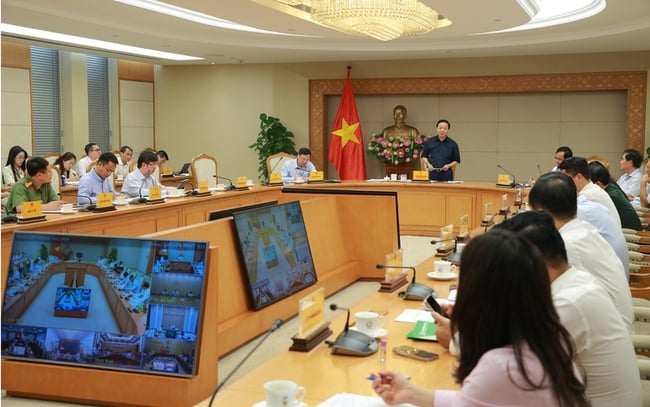
Deputy Prime Minister Tran Hong Ha chaired a meeting on the report proposing investment policies for the national target program on new rural construction and sustainable poverty reduction for the 2026-2035 period; Draft Decree regulating multidimensional poverty standards for the 2026-2030 period
According to data from the Department of Statistics and Socio-Economic Forecasting, if the new standard is applied from the beginning of 2026, the multidimensional poverty rate will increase from 1.93% to 11.7%, equivalent to about 3.3 million households. The budget for implementing social security support policies for poor and near-poor households in 2026 is about 30,000 billion VND, double that of 2025; the average for the 2026-2030 period is about 23,000 billion VND/year, higher than the previous period's level of 19,000 billion VND/year.
Regarding the proposal to merge the two national target programs on new rural construction and sustainable poverty reduction for the 2026-2035 period, the Ministry of Agriculture and Environment plans to implement them nationwide with beneficiaries including poor, near-poor, newly escaped-poverty households, communities, cooperatives and related organizations. The program has a 10-year roadmap, divided into two phases (2026-2030, 2031-2035).
The program ensures inclusive development, taking people as the center; building modern rural areas associated with industrialization and urbanization; synchronous development of economy - society - environment; promoting science, technology, digital transformation; multi-objective governance, strong decentralization to localities, promoting the role of communities and businesses...
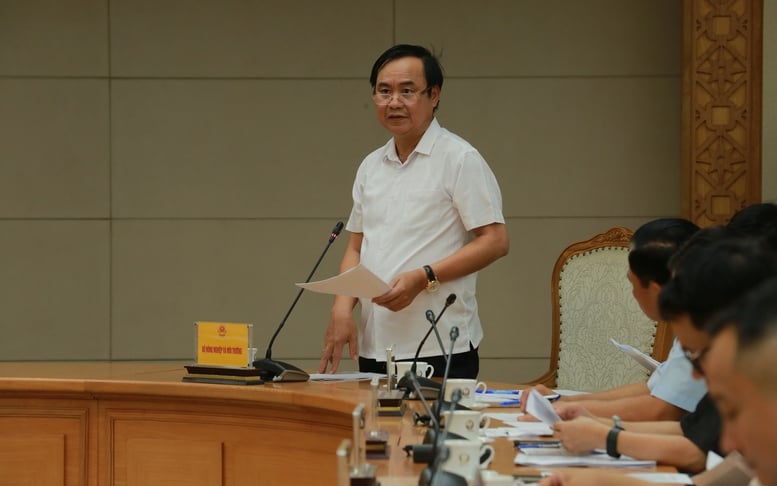
Deputy Minister of Agriculture and Environment Vo Van Hung reported at the meeting.
The goal by 2030 is that the average income of rural people will increase 2.5-3 times compared to 2020; the poverty rate will decrease by 1-1.5%/year, poor communes will decrease by at least 3%/year; 100% of poor communes will escape poverty; at least 65% of communes will meet new rural standards, 10% of communes will meet modern standards; 4-5 provinces and cities will complete new rural construction.
By 2035, the average income of rural people will increase 1.6-2 times compared to 2030; at least 85% of communes will meet the standards, 10-12 provinces and cities will complete new rural construction, of which 4-5 localities will meet modern new rural standards.
The total resources expected to be mobilized to implement the program in the 2026-2035 period are 12.35 million billion VND. Of which, the 2026-2030 period is 4.93 million billion VND, and the 2031-2035 period is about 7.42 million billion VND.
In the 2026-2030 period, the central budget allocates priority to 350 poor communes with about 52,500 billion VND; supports 1,148 communes striving to achieve new rural standards by 2030 with about 106,000 billion VND; supports 463 communes to carry out sustainable poverty reduction tasks and strive to achieve new rural standards in the 2031-2035 period with about 18,520 billion VND. In addition, about 3,000 billion VND is allocated to ministries and branches to carry out management, direction, guidance, organization of Program implementation, monitoring, evaluation, etc.
The Ministry of Agriculture and Environment proposed that the implementation of national target programs in the fields of culture, education, health, etc. should not take capital from the New Rural Development and Sustainable Poverty Reduction Program, but should be designed in a synchronous and mutually complementary manner to achieve the common goal.
Need new approach to modern rural development, sustainable poverty reduction
At the meeting, former Minister of Agriculture and Rural Development Nguyen Xuan Cuong emphasized that Vietnam has achieved many important achievements in poverty reduction, which are considered by the United Nations as a model in implementing the Millennium Development Goals. In particular, Vietnam's poverty criteria have been continuously improved, from income poverty to multidimensional poverty, including health, education, culture, environment, and justice.
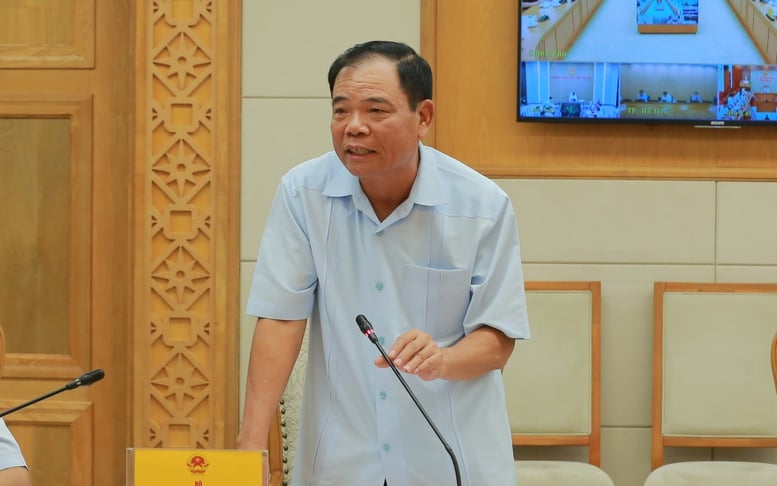
Former Minister of Agriculture and Rural Development Nguyen Xuan Cuong speaks
In the coming period, with the transition to a two-level local government, the size of communes will change after the merger, leading to different requirements in new rural construction and sustainable poverty reduction. Therefore, it is necessary to study the integration of national target programs to ensure synchronization, avoid resource dispersion and improve implementation efficiency.
According to Mr. Nguyen Xuan Cuong, combining programs such as new rural construction, sustainable poverty reduction and socio-economic development in ethnic minority and mountainous areas will help unify goals and solutions, while overcoming difficulties in budget allocation and disbursement.
Agreeing with this opinion, Deputy Minister of Justice France Nguyen Thanh Ngoc said that the new Program must overcome the limitations of the previous period, when many localities had resources but could not disburse due to general criteria and lack of specific addresses. "If we only speak in general terms and do not clearly define the products, it will lead to a situation where we have money but cannot do anything, or the capital is slow to disburse," Deputy Minister Nguyen Thanh Ngoc discussed and recommended choosing 3-4 groups of key, breakthrough tasks.
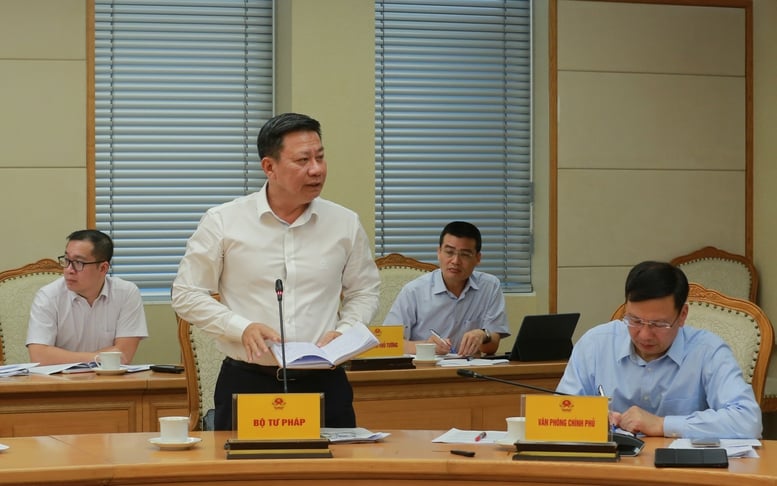
Deputy Minister of Justice France Nguyen Thanh Ngoc believes that the new Program must overcome the limitations of the previous phase.
For example, for poverty reduction, the focus can be on livelihood development, job creation and support for access to basic services. For new rural development, priority should be given to rural economic development associated with high-tech application, improving the quality of life, and promoting transformation. number and ensure security and safety of the community.
Opinions from localities say that in practice, there are two options: Integrating all three programs (sustainable poverty reduction, new rural construction, and socio-economic development in ethnic minority and mountainous areas) into one program; or for the time being, combining the two programs of sustainable poverty reduction and new rural construction, but requesting clarification of implementation solutions to avoid the situation of only stating criteria without specific guidance.
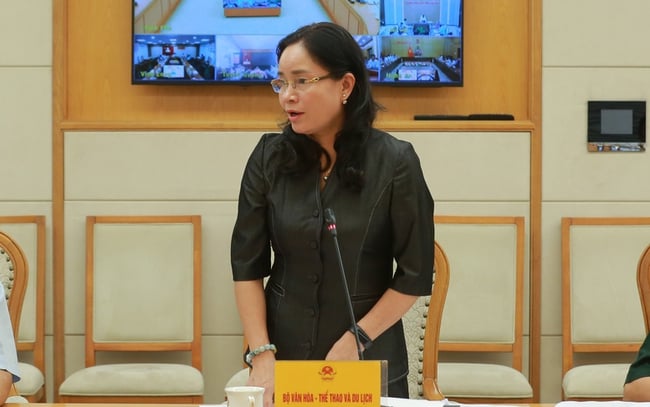
Deputy Minister of Culture, Sports and Tourism Trinh Thi Thuy spoke at the meeting.
In addition to determining multidimensional poverty standards, the Draft Decree needs to add specific support solutions, from access to public services to social security for disadvantaged groups who are unable to participate in labor.
Vice Chairman of An Giang Provincial People's Committee Le Trung Ho suggested that there should be a separate mechanism for groups of people who cannot escape poverty such as the elderly, the sick, the disabled, etc. to be included in long-term social security. Criteria on housing, health care, and education among programs must be reviewed and unified to avoid the situation of "starting from scratch".
"The locality hopes that the Central Government will decentralize more strongly and give it more initiative to complete the set goals," said Vice Chairman of the Da Nang People's Committee Tran Nam Hung.
Former Minister of Agriculture and Rural Development Cao Duc Phat said that discussing the program of building new rural areas and sustainable poverty reduction is discussing a strategic issue, of vital significance to the country's development.
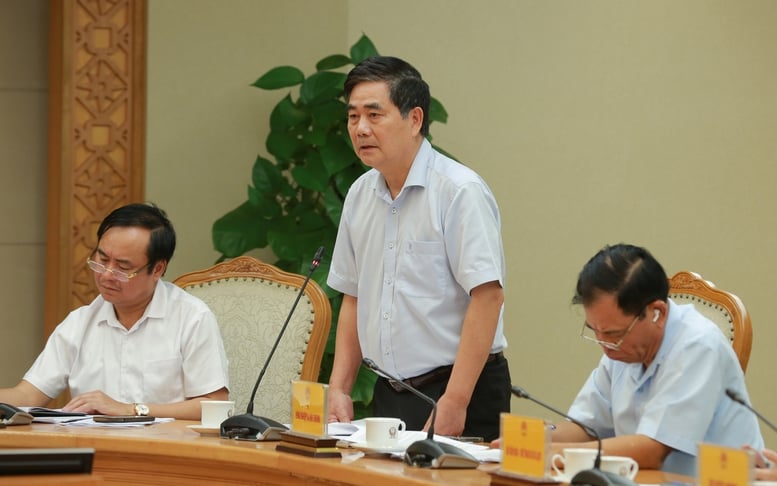
According to former Minister of Agriculture and Rural Development Cao Duc Phat, there needs to be a new approach, content and implementation organization in building new rural areas and sustainable poverty reduction.
"The country cannot develop if the countryside does not develop. Vietnam's economy cannot develop quickly and sustainably if the rural economy does not develop quickly and sustainably," Mr. Cao Duc Phat shared.
According to Mr. Cao Duc Phat, the greatest success of the new rural construction program over the past 15 years is thanks to being organized as a mass movement instead of just an investment program. The central government supports, while local Party committees, authorities and people directly discuss, select necessary items and implement them. "In Tuyen Quang, with only 170 tons of cement and 2 million VND in support, people have built 1,000 km of road in 3 years. If bidding in the usual way, the cost would be up to 1 billion VND/km. This method is both economical, fast, and of high quality, and is highly agreed upon by the people," Mr. Cao Duc Phat cited.
However, entering a new phase with changes in policies, development conditions and administrative management systems, it is necessary to have new approaches, contents and implementation organizations in building new rural areas and sustainable poverty reduction. "This is not only a driving force for socio-economic development but also contributes to strengthening people's trust in the political system," affirmed Mr. Cao Duc Phat.
Source: https://bvhttdl.gov.vn/can-cach-tiep-can-moi-xay-dung-nong-thon-hien-dai-giam-ngheo-ben-vung-20250912214333309.htm





![[Photo] Science and Technology Trade Union honors exemplary workers and excellent union officials](https://vphoto.vietnam.vn/thumb/1200x675/vietnam/resource/IMAGE/2025/9/17/842ff35bce69449290ec23b75727934e)


![[Photo] General Secretary To Lam chairs a working session with the Standing Committee of the Government Party Committee](https://vphoto.vietnam.vn/thumb/1200x675/vietnam/resource/IMAGE/2025/9/17/cf3d855fdc974fa9a45e80d380b0eb7c)













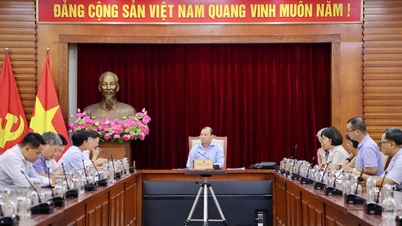










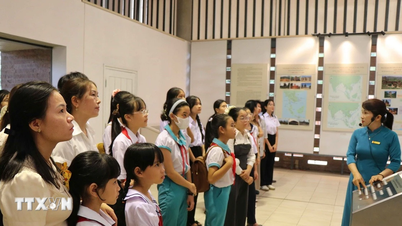










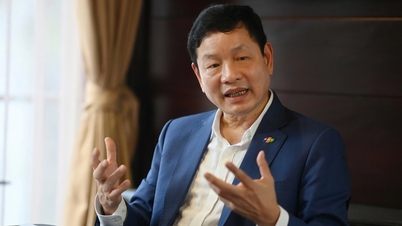




















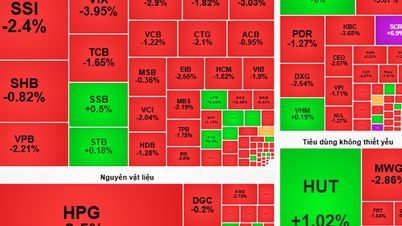

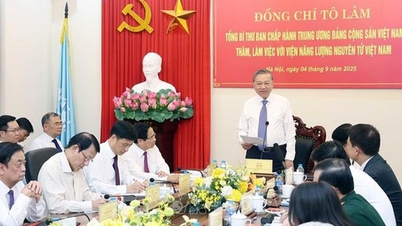

















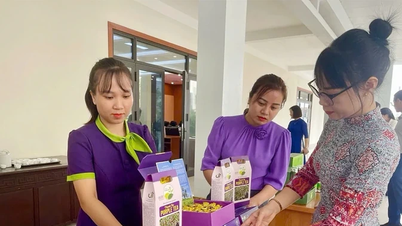












Comment (0)